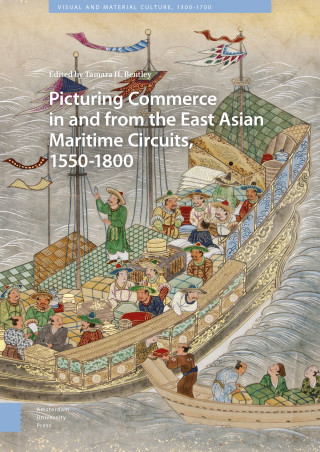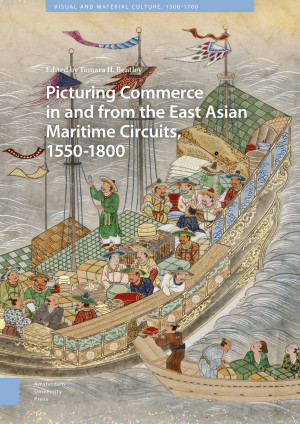Combining strikingly new scholarship by art historians, historians, and ethnomusicologists, this interdisciplinary volume illuminates trade ties within East Asia, and from East Asia outwards, in the years 1550 to 1800. While not encyclopedic, the selected topics greatly advance our sense of this trade picture. Throughout the book, multi-part trade structures are excavated; the presence of European powers within the Asian trade nexus features as part of this narrative. Visual goods are highlighted, including lacquerwares, paintings, prints, musical instruments, textiles, ivory sculptures, unfired ceramic portrait figurines, and Chinese, Japanese, Korean, and Southeast
Asian ceramic vessels. These essays underscore the significance of Asian industries producing multiples, and the rhetorical charge of these goods, shifting in meaning as they move. Everyday commodities are treated as well; for example, the trans-Pacific trade in contraband mercury, used in silver refinement, is spelled out in detail. Building reverberations between merchant networks, trade goods, and the look of the objects themselves, this richly-illustrated book brings to light the Asian trade engine powering the early modern visual cultures of East and Southeast Asia, the American colonies, and Europe.

